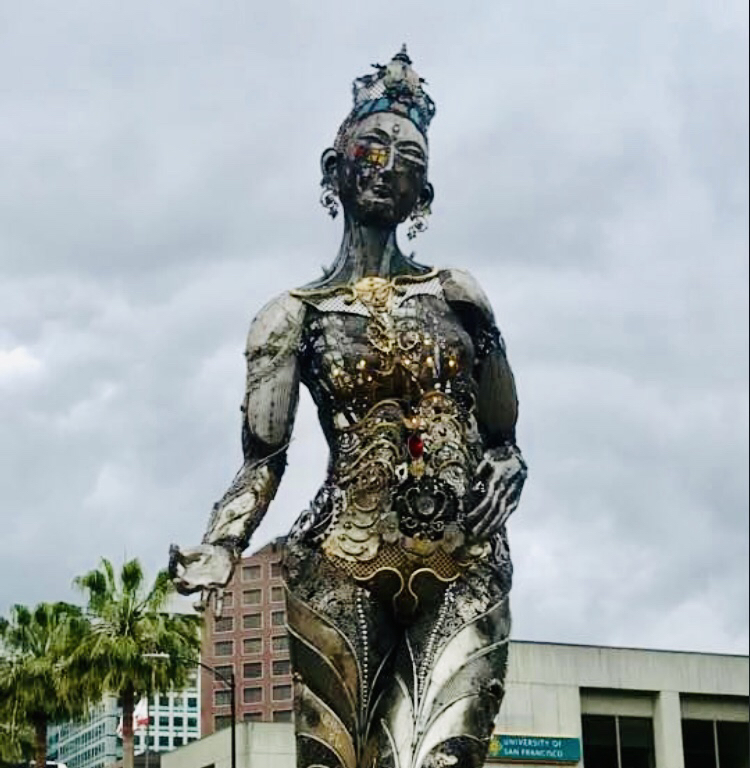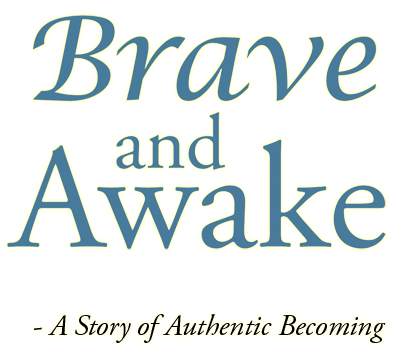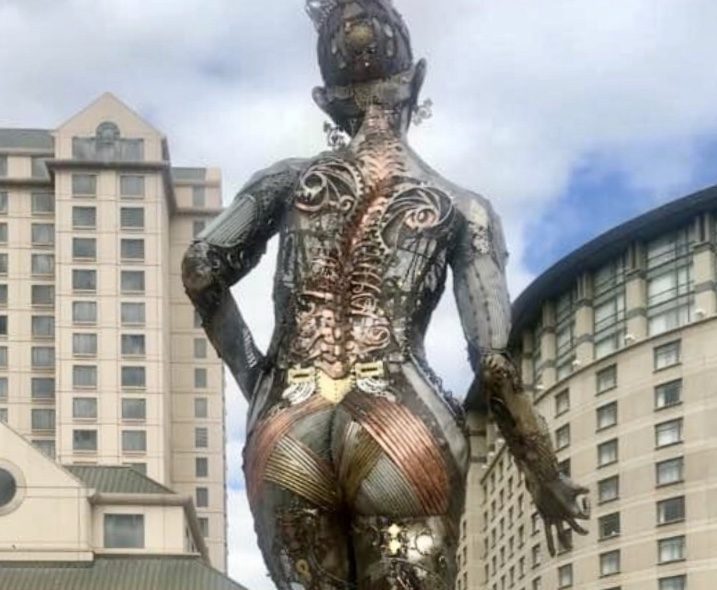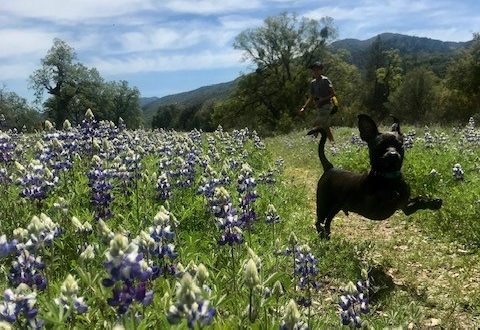This memory popped up for me today, and the gratitude I feel for the human body and the human experience is even more potent in this moment, during these times. Enjoy:
I’m still integrating my incredible experience in the cadaver lab 2 weeks ago, at Stanford School of Medicine.
Besides being able to practice critical skills like needle chest decompression, cricothyrotomy, tibia/humerus intraosseous insertion, and multiple intubation techniques, we (paramedic students) had the opportunity to study the human anatomy of multiple cadavers up close and personal and truly appreciate the miracle of the human body – even without the glow of life force enlivening it.
I left with some unexpected lessons under my belt:
- The cadaver lab is not a fearful place. In fact, the air in the room felt most serene and even sacred as our class of wide eyed students took in our surroundings. Immense respect and gratitude to those who have donated their bodies to science.
- No wonder the heart is the muse of poets and mystics! Existing as its own complex system, it is a universe in and of itself. She felt big, bold and beautiful, like an endless vessel for Love.
I could not take my eyes off the aorta. It is the size of a garden hose – seriously! - Deep appreciation for my own individual precious organs arose, as I held the kidneys, lungs, stomach, intestines, heart and much more – thank you organs for doing what you do! I made a mental note to thank them daily.
- And my favorite…the surprise when a sudden maternal wave washed over me, as I held a human brain. Like a mother holding her sweet, innocent, unsuspecting child. “Ohhhhhh,” I coo-ed, “ohhhh, mischievous ego lives here! Ohhhhh it is here that thinks it has all the answers,” I felt like the understanding parent, looking fondly on the human brain child.
Thank you human body, incredible work of art that you are.
Thank you life force that lights us up inside and out.
Thank you human experience for the banquet laid at our feet.
And thank you cadaver lab for some unexpected lessons.





